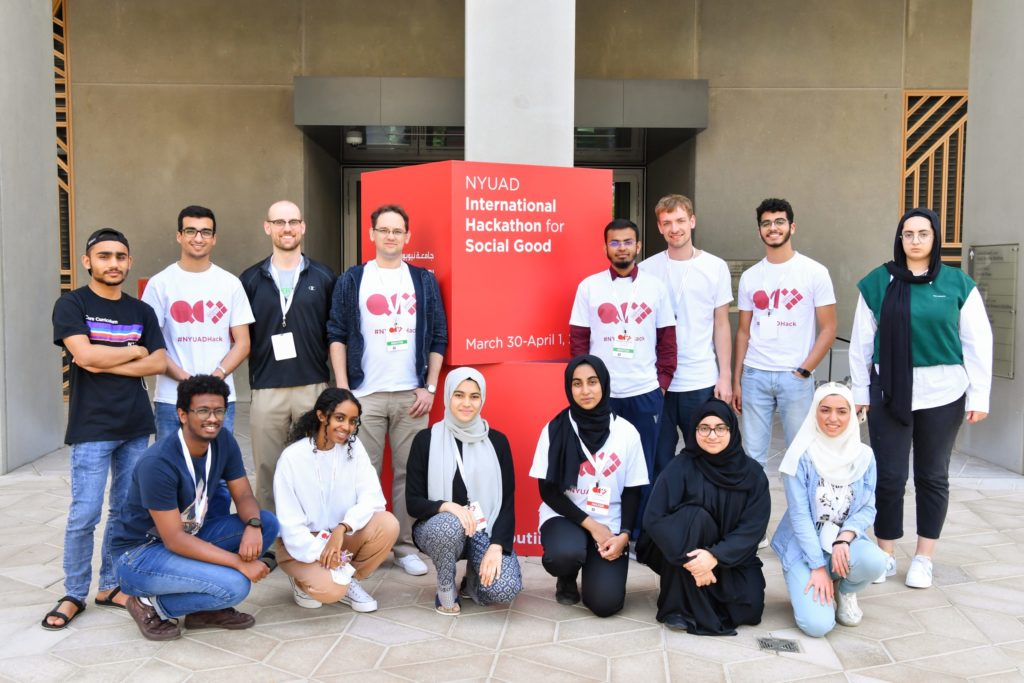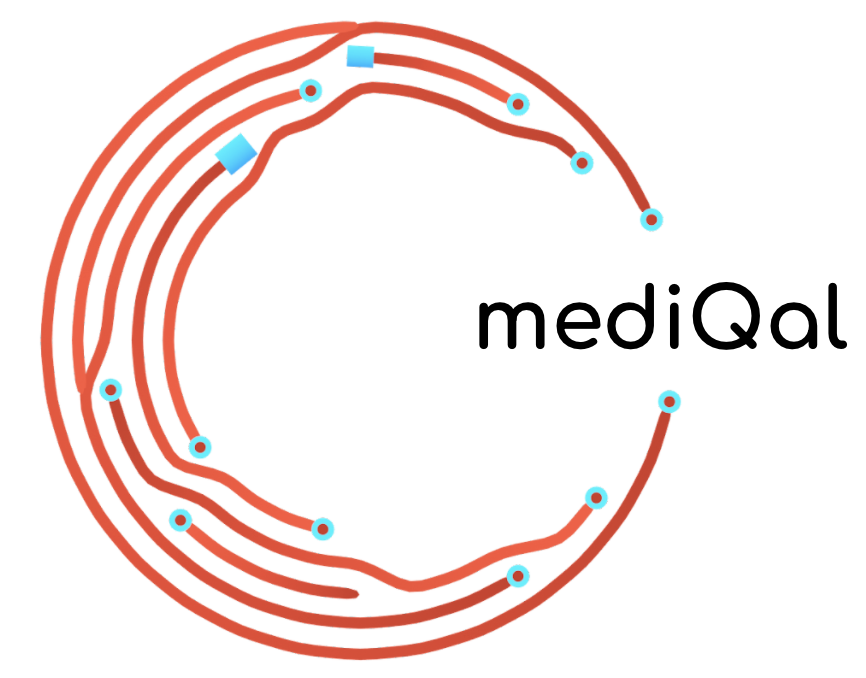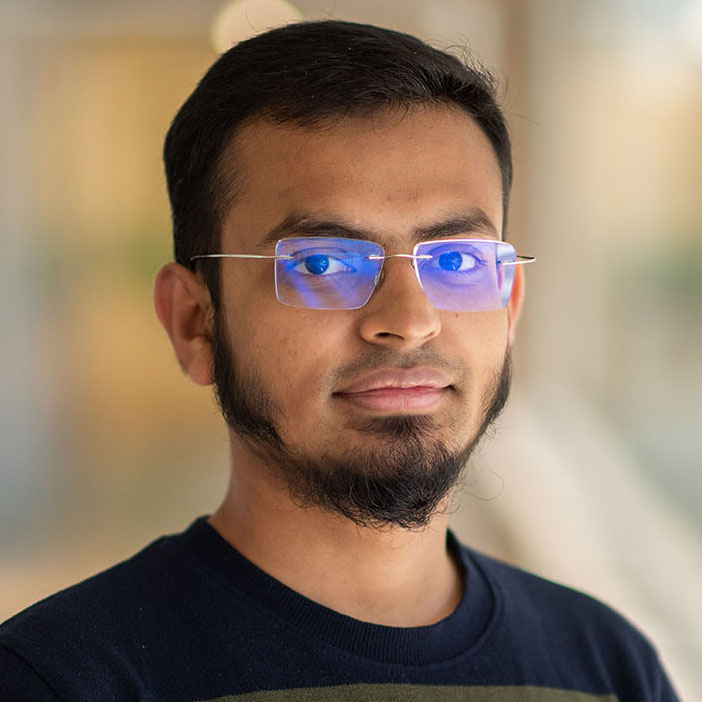Quantum mentoring for the greater good

Mohammad Aamir Sohail took time from his normal work as an electrical and computer engineering doctoral student to help mentor a team to third place at the 10th Annual NYUAD International Hackathon for Social Good, held in Abu Dhabi. The specific goal this year was to create a program that applies one or more quantum algorithms to a social good problem.

“My role was to guide the students using my background in quantum computing,” said Sohail, who was one of three mentors assisting a team of 11 students. The other two mentors were Alexander Degner, a Game Designer and Senior Technical Artist at K5 Factory GmbH (Germany) and Paweł Gora, CEO at Quantum AI Foundation (Poland). The team was comprised of undergraduate students from Abu Dhabi, Eritrea, Morocco, and Lebanon, and one graduate student from the United States.
The team’s goal was to develop a web application, mediQal, to optimize mobile medical services in a society that is aging, with the added goal of reducing greenhouse emissions. The team determined it was most likely “impossible to find the optimal routing solution for large fleets of emergency vehicles using classical approaches.” So they turned to quantum computing, specifically quantum annealing, which is ideally suited for large scale problems – which in this case means hundreds of vehicles and thousands of patients.
The goal of the NYUAD Hackathon is to “empower a new generation of students to use the most advanced quantum hardware. Students will utilize these acquired new quantum computing skills for social good and make a positive impact on the future of our society, as quantum computers are capable of solving hard computational problems.”
Sohail was selected as a mentor based on his experience as a graduate student studying quantum information theory. He is advised by Prof. Sandeep Pradhan.

Sohail participated in many hackathons as an undergraduate student, and won several of them. One of his noteworthy wins was as an exchange student in Japan. With his days as a participant largely behind him, he was attracted to participating in this hackathon as a mentor.
“It was a good learning experience to be with so many people from different nations and different backgrounds – undergrad and graduate students, and industry people,” said Sohail. “I also enjoyed contributing to quantum computing problems.”
 MENU
MENU 
